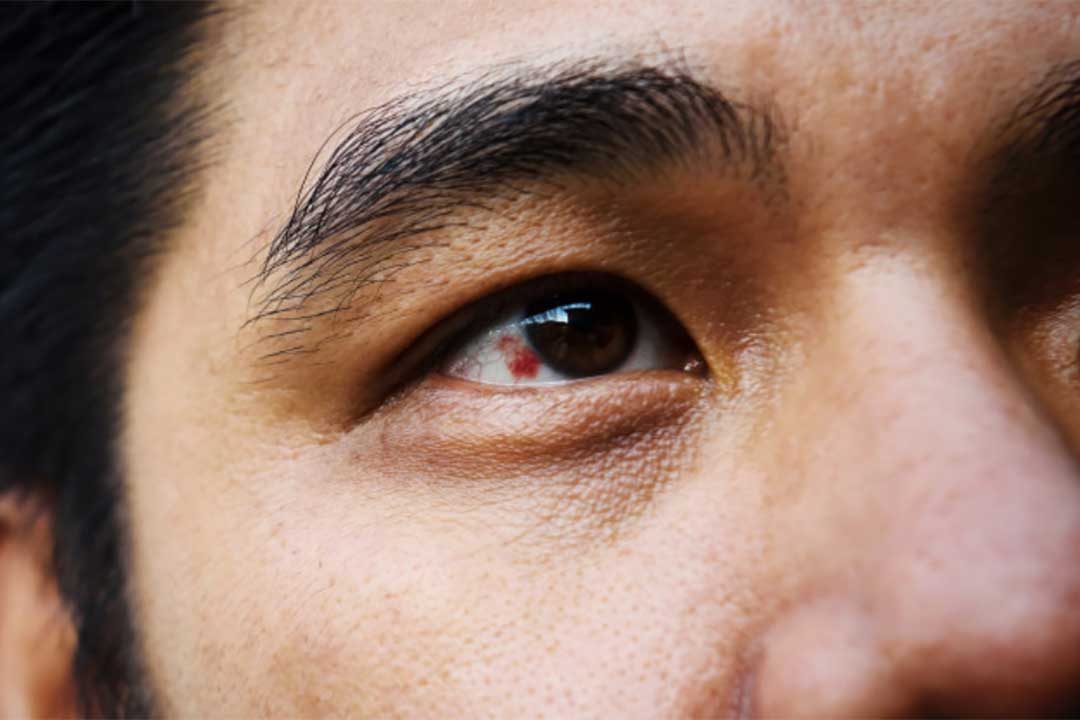Focus Area
“It’s truly hard to put into words the feeling of waking up every day knowing I can make a difference in my patient's life. Limitation of time have forced me into focusing on few more serious eye related problems though in my eyes all my patients are equal and deserve equal care and campassion. It’s so humbling to that I get the chance to put a smile on their face and a twinkle in their eyes.
Retinal Diseases

Retinal Diseases is a generic term used for describing eye conditions that affect the thin layer of tissue in the inside back of the eye called retina. Retinal diseases vary widely and can affect any part of the retina which contains millions light sensitive cell( cones and rods )as well as other nerve cells that are responsible for receiving and organizing visual information and sending it to the brain through optic nerve. If untreated many retinal diseases can cause severe vision loss or even blindness.
.
Causes of Retinal Diseases
- Aging
- Smoking
- Being obese
- Having diabetes or other diseases
- Eye trauma
- A family history of retinal diseases
Different Types Of Retinal Diseases
Common retinal diseases and conditions include:
Retinal tear. A retinal tear occurs when the clear, gel-like substance in the center of your eye (vitreous) shrinks and tugs on the thin layer of tissue lining the back of your eye (retina) with enough traction to cause a break in the tissue. It’s often accompanied by the sudden onset of symptoms such as floaters and flashing lights.
Retinal detachment. A retinal detachment is defined by the presence of fluid under the retina. This usually occurs when fluid passes through a retinal tear, causing the retina to lift away from the underlying tissue layers.
Diabetic retinopathy. If you have diabetes, the tiny blood vessels (capillaries) in the back of your eye can deteriorate and leak fluid into and under the retina. This causes the retina to swell, which may blur or distort your vision. Or you may develop new, abnormal capillaries that break and bleed. This also worsens your vision.
Epiretinal membrane. Epiretinal membrane is a delicate tissue-like scar or membrane that looks like crinkled cellophane lying on top of the retina. This membrane pulls up on the retina, which distorts your vision. Objects may appear blurred or crooked.
Macular hole. A macular hole is a small defect in the center of the retina at the back of your eye (macula). The hole may develop from abnormal traction between the retina and the vitreous, or it may follow an injury to the eye.
Macular degeneration. In macular degeneration, the center of your retina begins to deteriorate. This causes symptoms such as blurred central vision or a blind spot in the center of the visual field. There are two types — wet macular degeneration and dry macular degeneration. Many people will first have the dry form, which can progress to the wet form in one or both eyes.
Retinitis pigmentosa. Retinitis pigmentosa is an inherited degenerative disease. It slowly affects the retina and causes loss of night and side vision.
Symptoms of Retinal Diseases
- Seeing floating specks or cobwebs
- Blurred or distorted (straight lines look wavy) vision
- Defects in the side vision
- Loss of vision
You may need to try looking with each eye alone to notice these.
Possible Treatments Retinal Disease
Treatment for retinal diseases depends upon the extend the damage the retina has suffered.In many cases surgery proves to be helpful while in others cases results may not be as satisfactory. It all depends treatment goals which vary from patient to patient.Some may just wish to stop or slow the disease while others may want to preserve the present condition of their eyes and prevent further deterioration while some may hope for their vision to be restored. It is important to bear in mind that untreated in many cases retinal diseases can cause severe vision loss and sometime even blindness.
Hours of Operation
MON – SAT
8:00am – 12:00 noon (By Appointment)
4:00pm – 8:00pm (Walk-In)
SUN
We are closed
Consultation Fees
Rs. 500/-
Stallard Eye Clinic
Drop Us a Line
Don't be shy. Let us know if you have any questions!
